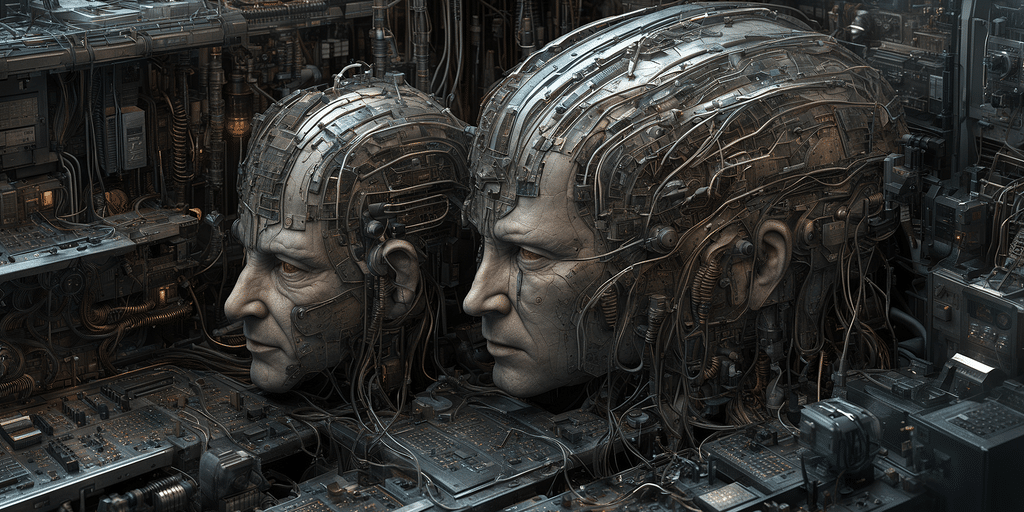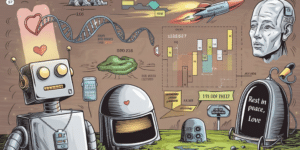Google’s AI breakthrough brings quantum computing closer to real-world applications
1 month ago Benito Santiago
Google researchers have discovered a new technique that makes quantum computing a real-life application using artificial intelligence to solve one of science's ongoing challenges.
In a paper published in Nature, Google DeepMind scientists explain that their new AI system, the alpha qubit, is surprisingly effective at correcting errors that have long plagued quantum computers.
“Quantum computers have the potential to revolutionize drug discovery, materials design, and fundamental physics—if we can make them work reliably,” Google's announcement says. But nothing is perfect: quantum systems are extremely fragile. Even small environmental interference from heat, vibrations, electromagnetic fields, or cosmic rays can disrupt their finite quantum states, causing errors that make calculations unreliable.
A March research paper highlights the challenge: Quantum computers need errors per trillion operations (10^-12) for practical use. However, current hardware has an error rate of between 10^-3 and 10^-2 per operation, making error correction critical.
“Some problems that would take a conventional computer billions of years to solve can be solved by a quantum computer in mere hours,” says Google. “However, these new processors are more susceptible to noise than conventional ones.”
“If we want to make quantum computers more reliable, especially at scale, we need to accurately identify and correct these errors.”
Google's new AI system, Alpha Qubit, seeks to solve this problem. The AI system is a sophisticated neural network architecture that has demonstrated unprecedented accuracy in detecting and correcting quantum errors, showing 6% fewer errors than previous best methods in large-scale experiments and 30% fewer errors than traditional techniques.
It also maintained high accuracy on quantum systems ranging from 17 qubits to 241 qubits—suggesting that the approach can scale to the larger systems needed for practical quantum computing.
Table of Contents
ToggleUnder the hood
AlphaQubit uses a two-step approach to achieve high accuracy.
The system first trains on simulated quantum noise data, learns general quantum errors, and then adapts to real quantum hardware using a limited amount of test data.
This approach allows AlphaQubit to handle complex real-world quantum noise effects, including talk between qubits, entanglement (when qubits move out of their computational states), and subtle interactions between different types of errors.
But don't get too excited; You won't have a quantum computer in your garage any time soon.
Despite its accuracy, AlfaQubit still faces significant hurdles before practical implementation. “Each coherence check in a fast superconducting quantum processor is measured a million times per second,” the researchers note. “While the AlfaQubit is very good at detecting errors accurately, it is still too slow to correct errors in real-time in a superconducting processor.”
“Training with larger code distances is more challenging because the examples are more complex and sampling efficiency seems to be lower at larger distances,” a DeepMin spokesperson told Decrypt. Solving large distances to achieve the extremely low error rates required for fault-tolerant computing on large and deep quantum circuits.
The researchers will focus on the critical areas for future development such as speed optimization, measurement and integration.
AI and quantum computing form a synchronous relationship, enhancing each other's capabilities. A spokesperson told Decrypt: “We expect AI/ML and quantum computing to continue to be complementary approaches to computing. AI may be applied in other areas, such as calibrating and compiling fault-tolerant quantum computers or designing algorithms.” At the same time, people are looking for quantum ML applications to quantum data and, more tentatively, quantum ML algorithms to classical data.
This synthesis may represent a critical turning point in computational science. As quantum computers become more reliable with AI-assisted error correction, they can, in turn, create a powerful feedback loop of technological progress to develop sophisticated AI systems.
The age of functional quantum computing, long promised but never delivered, may finally be near — though not too close to start worrying about a cyborg apocalypse.
Edited by Sebastian Sinclair.
Generally intelligent newspaper
A weekly AI journey narrated by a generative AI model.












